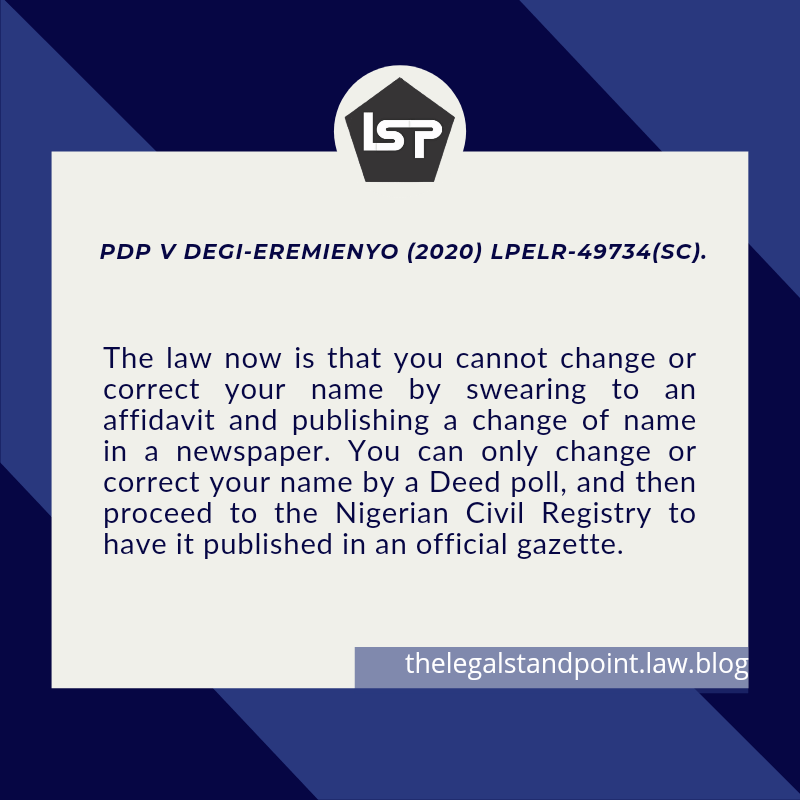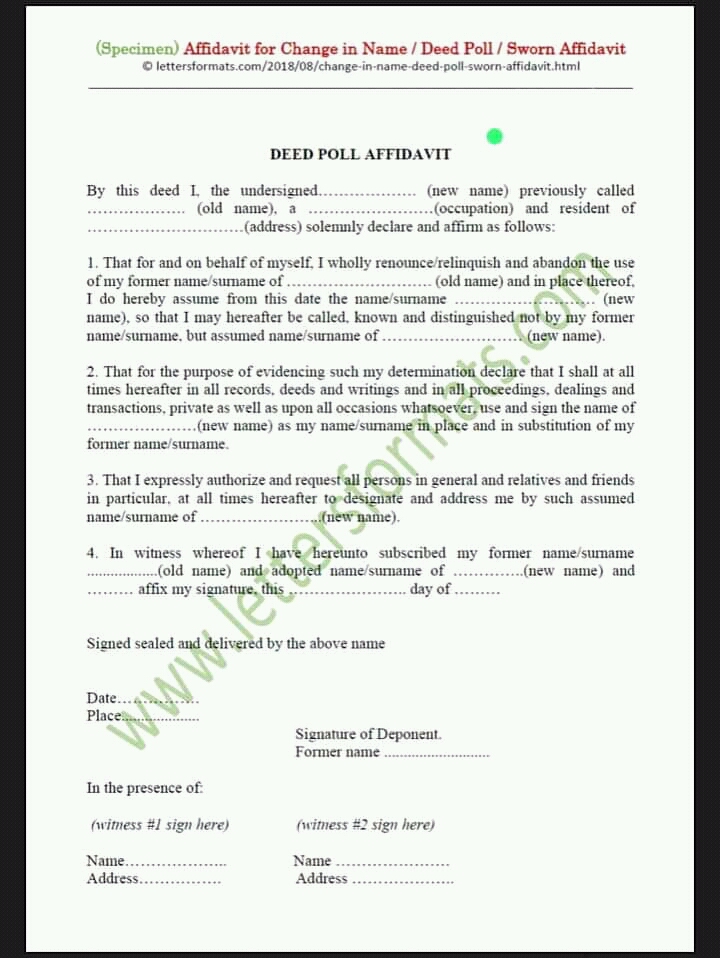
A statutory marriage is an institution regulated by law. As such, certain requirements must be fulfilled before there could be a valid celebration or dissolution of marriage. In Nigeria, the principal legislations governing statutory marriage are the Matrimonial Causes Act (MCA) and the Marriage Act.
In life, nothing lasts forever. Even a Hausa powder does not. So, when a man and a woman exchange vows, walk down the aisle, cut the cake and do the paparazzi, one would think that the union between them would last forever. Well by default, it was expected to be like that. Forever baby. Innit? However, some instances could give rise to the dissolution of such marriage. It could either be by the death of one of the spouses or divorce. In this analysis, our attention would be on the two-year rule of divorce.
The principle of law, by virtue of section 30(1) of the Matrimonial Causes Act (MCA), is that a divorce proceeding cannot be instituted within two years after the date of marriage. For instance, if Clinton got married to Cynthia on August 1, 2021, the law is that either of the parties cannot bring divorce proceedings from then till July 31, 2023.
The rationale behind this rule is hinged on enhancing the longevity of marriage. Also, the rule ensures that divorce should not be made too easy so that people will not rush out of their marriage as soon as they discover that the marriage was not what they expected it to be. Do we then have an instance that could make Clinton bring a divorce proceeding within the two years rule? let’s say, four months after his marriage to Cynthia? Yes. Being an LSPite, you should know that for every general principle of law, there is an exception.
The exception, statutorily provided for in section 30(3) of the MCA, is that a divorce proceeding within the two years rule is allowed if:
• One of the parties is guilty of exceptional hardship.
• If the case involves exceptional depravity on part of the other party to the marriage.
Furthermore, though the terms Exceptional Depravity and Hardship were not defined in the laws, the Courts have interpreted these phrases, based on the circumstances of each case presented before them. Hence in Fletcher v Titt (1979)10 FLR 151, Mr. & Mrs. Titt Married in August 1977. In April 1978, Mrs. Titt applied for leave to petition for divorce. She alleged that her husband often beats her up and he had twice tried to strangle her whilst he was drunk. She also alleged that their marital difficulties were affecting her standard at work since both of them were police officers working in the same police station. It was held that the leave should be granted.
Moving on, if the exception doesn’t apply and the marriage has lasted beyond two years, the petitioner must then prove to the satisfaction of the Court that the marriage has broken down irretrievably by virtue of section 15(1) of the Matrimonial Causes Act. This is the only sole ground for the dissolution of marriage in Nigeria.
To establish irretrievable breakdown, the petitioner must prove the existence of one or more of the facts stated in section 15(2)(a-h) of the MCA which are:
(a) that the respondent has willfully and persistently refused to consummate the marriage;
(b) that since the marriage the Respondent has committed adultery and the petitioner finds it intolerable to live with the respondent;
(c) that since the marriage the respondent has behaved in such a way that the petitioner cannot reasonably be expected to live with the respondent;
(d) that the respondent has deserted the petitioner for a continuous period of at least one year immediately preceding the presentation of the petition;
(e)that the parties to the marriage have lived apart for a continuous period of at least two years immediately preceding the presentation of the petition and the respondent does not object to a decree being granted;
(f) that the parties to the marriage have lived apart for a continuous period of at least three years immediately preceding the presentation of the petition;
(g) that the other party to the marriage has, for a period of not less than one year failed to comply with a decree or restitution of conjugal rights made under this Act;
(h) that the other party to the marriage has been absent from the petitioner for such time and in such circumstances as to provide reasonable grounds for presuming that he or she is dead.
In Ekrebe v. Ekrebe(1999) 3NWLR (pt.596) 514 at 517, Mohammed JCA (as he then was), held that, for a divorce petition to succeed, the petitioner must plead one of the facts contained in section (15) (2) (a)-(h) of the MCA and that if the petitioner fails to prove any of the facts stated in the law, the petition must be dismissed, even if the dissolution is desired by both parties.
In conclusion, a petitioner has to clear two hurdles before the Court can grant the decree for the dissolution of marriage. The first hurdle is that the marriage must be at least two years. If not, then the exception will apply. And the second hurdle is that such marriage must have broken down irretrievably.
Thank you for reading. See you next week.🥰



